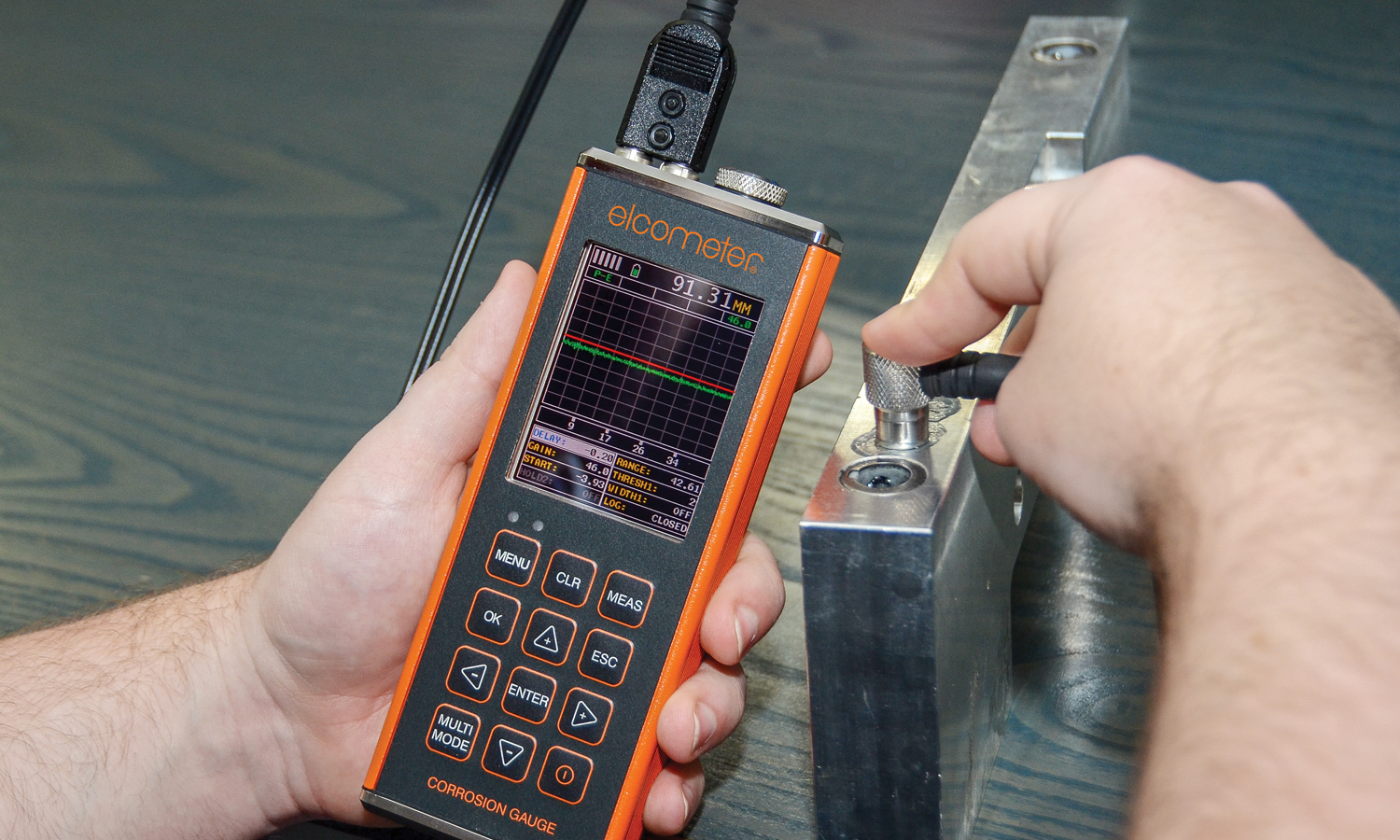Business
Understanding Corrosion Thickness Gauges: A Comprehensive Guide

Corrosion is an ever-present threat to structures, equipment, and infrastructure across various industries. The gradual deterioration of materials due to chemical reactions with the environment can lead to costly repairs, compromised safety, and reduced operational efficiency. To combat this menace effectively, professionals rely on corrosion thickness gauge, vital instruments that provide crucial data for corrosion management and asset maintenance.
In this comprehensive guide, we will delve deep into the world of corrosion thickness gauges, exploring their functionality, applications, and the significant role they play in safeguarding valuable assets.
What Is Corrosion?
Before we dive into corrosion thickness gauges, let’s establish a fundamental understanding of corrosion itself. Corrosion is a natural process where materials deteriorate due to interactions with their surroundings. It can take various forms, such as rust on iron and steel, pitting on metals, or general material degradation. Factors such as moisture, oxygen, temperature, and chemical agents can accelerate corrosion, making it a pervasive problem across many industries.
The Need for Corrosion Thickness Gauges
Corrosion can remain hidden beneath surfaces, causing structural weaknesses that may not be immediately visible. To identify and mitigate this hidden danger, corrosion thickness gauges, also known as ultrasonic thickness gauges, serve as invaluable tools.
How Corrosion Thickness Gauges Work
Corrosion thickness gauges operate on the principle of ultrasonic technology. They emit high-frequency sound waves into the material being tested. These waves travel through the material until they encounter a boundary, such as the back wall of the material or corrosion within it. When they encounter a boundary, some of the waves bounce back to the gauge’s sensor.
By measuring the time it takes for the sound waves to travel to the boundary and return, the gauge calculates the thickness of the material and identifies any corrosion or defects present. This non-destructive testing method allows professionals to assess the integrity of structures and equipment without causing any damage.
Applications of Corrosion Thickness Gauges
Corrosion thickness gauges find application in a wide range of industries, including:
- Oil and Gas: Monitoring the integrity of pipelines, tanks, and offshore structures.
- Maritime: Ensuring the safety and durability of ships, including hulls and bulkheads.
- Aerospace: Assessing the thickness of aircraft components for maintenance and safety.
- Construction: Evaluating the condition of structural materials in buildings and bridges.
- Manufacturing: Ensuring the quality of metal components and materials.
- Automotive: Measuring the thickness of vehicle chassis and parts.
Benefits of Using Corrosion Thickness Gauges
The use of corrosion thickness gauges offers several advantages:
- Early Detection: Detecting corrosion in its early stages allows for timely preventive measures, reducing repair costs.
- Safety: Ensures the structural integrity of equipment and structures, minimizing the risk of accidents.
- Cost-Effective: Prevents costly downtime and extends the lifespan of assets.
- Compliance: Helps industries meet regulatory standards and safety requirements.
- Data Logging: Some gauges offer data logging capabilities for record-keeping and trend analysis.
Choosing the Right Corrosion Thickness Gauge
Selecting the appropriate corrosion thickness gauge for your application is crucial. Consider factors such as the material to be tested, environmental conditions, and required measurement precision. Consult with experts or refer to manufacturer guidelines to make an informed decision.
Conclusion
Corrosion thickness gauges are indispensable tools in the fight against the insidious effects of corrosion. By providing accurate and non-destructive measurements, these instruments empower professionals across various industries to safeguard their assets, enhance safety, and prolong the life of critical equipment and structures. Understanding their principles, applications, and benefits is a vital step towards effective corrosion management and asset maintenance.


